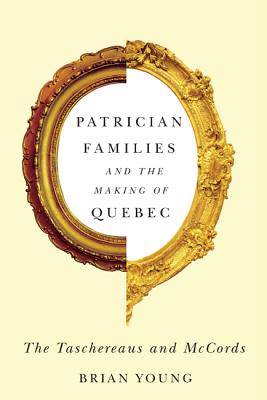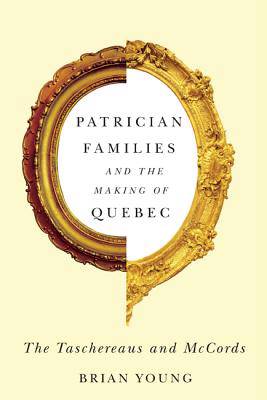
- Afhalen na 1 uur in een winkel met voorraad
- Gratis thuislevering in België vanaf € 30
- Ruim aanbod met 7 miljoen producten
- Afhalen na 1 uur in een winkel met voorraad
- Gratis thuislevering in België vanaf € 30
- Ruim aanbod met 7 miljoen producten
Zoeken
€ 186,45
+ 372 punten
Omschrijving
An analysis of two elite families in the shaping of English and French Quebec.
Specificaties
Betrokkenen
- Auteur(s):
- Uitgeverij:
Inhoud
- Aantal bladzijden:
- 472
- Reeks:
Eigenschappen
- Productcode (EAN):
- 9780773544352
- Verschijningsdatum:
- 15/10/2014
- Uitvoering:
- Hardcover
- Afmetingen:
- 178 mm x 254 mm

Alleen bij Standaard Boekhandel
+ 372 punten op je klantenkaart van Standaard Boekhandel
Beoordelingen
We publiceren alleen reviews die voldoen aan de voorwaarden voor reviews. Bekijk onze voorwaarden voor reviews.











